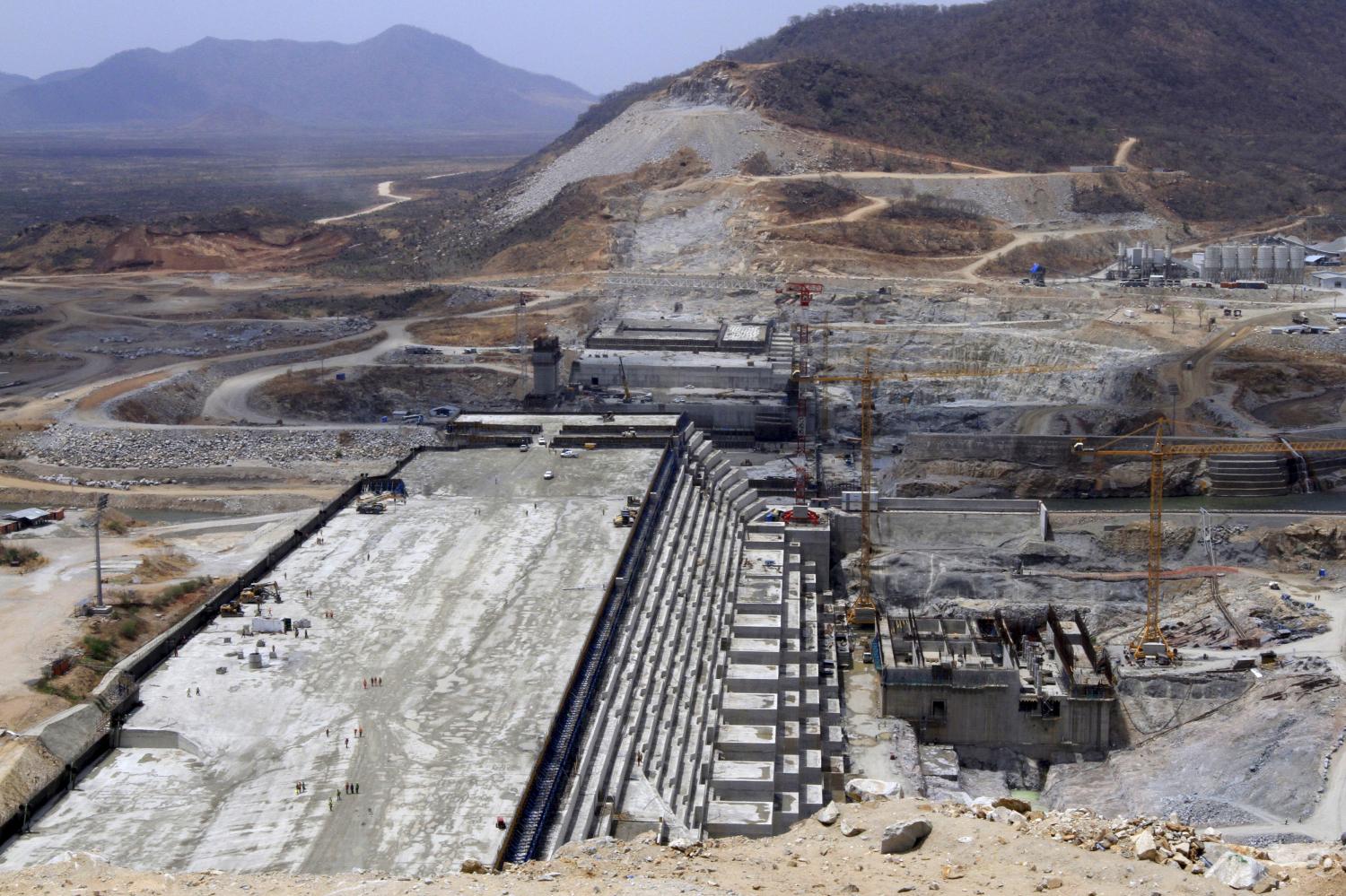Recent discoveries of oil and natural gas in East Africa have
created excitement throughout the region over the potential
windfall of revenues into government coffers. Uganda has a
reserve of 2 billion barrels of oil and expected government
revenues of $3.2 billion per year for the period from 2010
to 2040. In Kenya, there will be $10 billion in government
revenue during the anticipated 30-year production period.
In Tanzania, natural resources have the potential to
create $2.5 billion in yearly government revenues. And in
Mozambique, World Bank estimates show that, by 2032,
resource revenues could reach $9 billion, accounting for 21
percent of total revenues.
Governments, civil society organizations (CSOs), and
development experts look at this expected revenue
as potentially transformative for economic and social
development. At the same time, these actors are wary
of the “resource development curse” and the various
challenges that are often associated with natural resource
management: corruption, regional and ethnic competition
for resources, macroeconomic instability, Dutch disease,
threats to the livelihoods of local populations, the potential
for conflict, and many other issues.
Natural resources have the potential to be a boon for
economies when managed well, as is the case in countries
like Norway. On one hand, proper fiscal management,
transparency, well-balanced prioritization, the engagement
of stakeholders, and effective revenue collection tools can
create an environment for the effective use of the revenues
from natural resources. On the other hand, without strong
management and oversight institutions, the use of natural
resources can easily undermine development.
Natural resources have the potential to be a boon for economies when managed well, as is the case in countries like Norway.
For the last four years, the Africa Growth Initiative (AGI)
at the Brookings Institution has extensively studied
and analyzed the most effective ways to ensure that
recent discoveries of oil and natural gas within Kenya,
Mozambique, Tanzania, and Uganda can be well managed
and used to promote the development of these countries.
In collaboration with the Economic Policy Research
Centre (EPRC) at Makerere University, a partner research
institution in Uganda, AGI has examined key issues
pertaining to the management of natural resource wealth
in East Africa, including extensive primary surveys in the
oil exploration region in Uganda. These research activities
have been geared to promote better policies for managing
the newly found natural resource wealth. Together with
EPRC, Oxfam, and other stakeholders, AGI has sponsored
multiple symposiums and conferences in the region to
disseminate research findings and debate policy options.
This paper contains a series of short briefs covering
different topics related to the oil and natural gas
discoveries in East Africa, with the goal of providing an
overview of the research done by AGI on these topics and
a summary of key issues arising from the various forums.
These topics are covered in the following sections:
- Land rights issues and the link to oil and natural gas exploration. First, we examine how land rights and government policies regarding land use affect communities with respect to oil and natural gas exploration and how these policies can be improved to support and secure the rights of local communities.
- Free, prior, and informed consent, and oil and natural gas exploration. When oil and natural gas resources are discovered, the exploration and extraction of these resources, along with the building of pipelines and/or refineries, can displace local populations or severely disrupt their livelihoods. This section looks at how the concept of free, prior, and informed consent can be applied as a way to engage and work productively with local communities to ensure that their best interests are considered from the beginning of exploration activities.
- Government management, transparency, and capacity in revenue collection. The ability of governments to effectively collect and manage revenues from oil and natural gas has large effects on the way that money is used for development. This section examines how government capacity and transparency are critical for effective revenue usage.
- Balancing local and national development priorities in resource revenue use. As countries seek to use the revenues they raise from oil and natural gas for development priorities—education, health, infrastructure, and the like—they will face trade-offs on how resources are apportioned between local and national priorities as well as to longer-term savings. This section thus examines how governments and CSOs are proposing to manage revenues from the new natural resources.
- Achieving economic growth and stability through the fiscal management of natural resource revenues. Similar to the previous section’s focus on development priorities, this section looks at strategies and options for saving and investing oil and natural gas revenues to ensure that countries are able to benefit from innovative fiscal management, both now and in the future.
- The role of civil society organizations in oil and natural gas transparency. CSOs play a very important role in ensuring that governments implement policies and laws related to oil and natural gas transparency in a way that benefits their citizens. This section examines the status of CSOs in the region, while also looking at how they can be better supported in their work and the policies that they find important.
- International standards of transparency: EITI, PWYP, and Dodd-Frank. Although individual countries have their own policies and laws regarding transparency, international standards and norm-setting networks—such as the Extractive Industries Transparency Initiative (EITI), Publish What You Pay (PWYP), and Section 1504 of the Dodd-Frank Wall Street Reform Act—push for globally accepted transparency standards. This section looks at these important efforts, focusing on EITI and ways to advance transparency through such international norms in the region.



